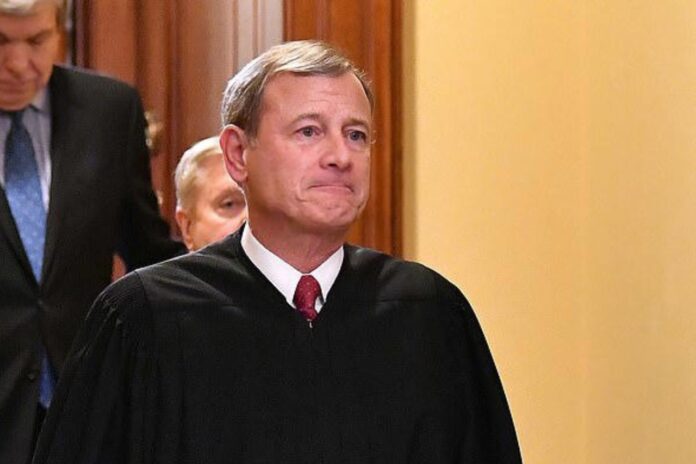In a passionate and timely message, Supreme Court Chief Justice John Roberts has sounded the alarm about threats to the independence of the judiciary. His annual report on the federal courts, released Tuesday, delivers a strong reminder: America’s judicial system must remain impartial, even in the face of growing challenges.
Judges Can’t Please Everyone—And That’s Okay
Roberts opened his report by stating an undeniable truth: court rulings inevitably produce winners and losers.
“Every administration faces defeats in court—sometimes on issues with major consequences for executive or legislative power,” he wrote. Despite these tough decisions, Roberts emphasized that for decades, Americans have respected the rule of law, avoiding the standoffs of past eras like the 1950s and 1960s.
But recently, that respect has come under fire. Elected officials from both political parties have hinted at openly disregarding federal court rulings—a dangerous trend, according to Roberts.
“These dangerous suggestions… must be soundly rejected. Judicial independence is worth preserving,” he urged.
A Warning from History
Roberts leaned on wisdom from two judicial icons to make his point:
- The late Justice Ruth Bader Ginsburg once said that an independent judiciary is the cornerstone of the rule of law but warned that it could crumble if society fails to protect it.
- Former Chief Justice Charles Evans Hughes argued that the government’s three branches must cooperate to uphold liberty.
Roberts concluded: “Our political system and economic strength depend on the rule of law.”
The Real Threat: Intimidation and Disinformation
Chief Justice Roberts didn’t mince words about the growing dangers judges face today.
- Violence and Intimidation: Threats against federal judges have tripled in the past decade, with some even resorting to wearing bulletproof vests. Tragically, judges in Wisconsin and Maryland have been killed at their homes.
- Disinformation: Social media has become a breeding ground for false narratives, with some even exploited by foreign actors to deepen divisions.
Roberts made it clear: Criticism is fair game, but efforts to intimidate judges or distort the truth are not.
The Year That Was—and What’s Ahead
The Supreme Court faced a rollercoaster year, delivering major decisions that stirred heated debates.
- One landmark ruling granted the president immunity from prosecution for official acts in office.
- Another blocked efforts to disqualify Donald Trump from the ballot in Colorado.
These rulings, cheered by Republicans, frustrated Democrats, including President Biden, who called for judicial term limits and ethics reforms in response.
Roberts also reminded readers of a notable clash with Trump in 2018, when he rebuked the then-president for labeling a federal judge an “Obama judge.”
Looking ahead, the Court is set to take on controversial cases, including arguments about banning TikTok under a law that could significantly impact the platform.
A Call to Action
Roberts ended his report with a heartfelt plea: “I urge all Americans to appreciate this inheritance from our founding generation and cherish its endurance.”
His message is clear: preserving judicial independence isn’t just about protecting judges; it’s about safeguarding the rule of law that underpins democracy itself.





